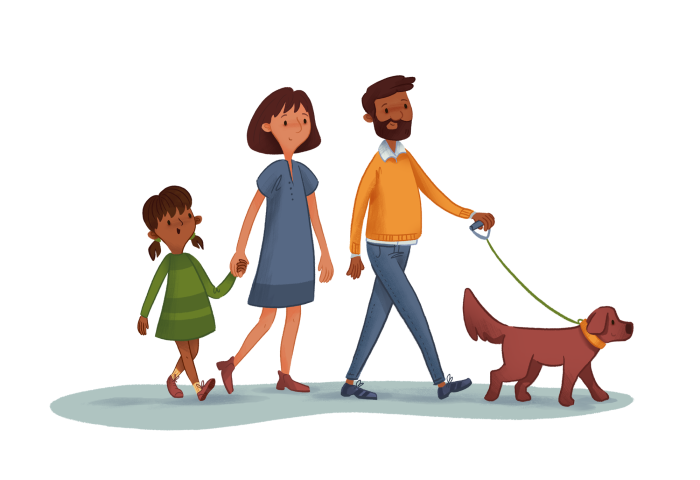
Find out how to manage and improve your mental health and wellbeing
Everyone has mental health. In Northern Ireland one in five people will experience mental ill health at any time. There are things everyone can do to manage and improve their mental health.

Not sure where to get started?
If you feel you can manage your own mental health and wellbeing, a good place to start is reading and learning about mental health and trying to build in some of the things that might help into your daily life. You can also learn more by attending training.
Your GP is an important source of support. If you are concerned about your mental health, you should book an appointment. There are many services in Northern Ireland that can provide support to help you protect and improve your mental health and wellbeing. You can search what is available on the finding help page.